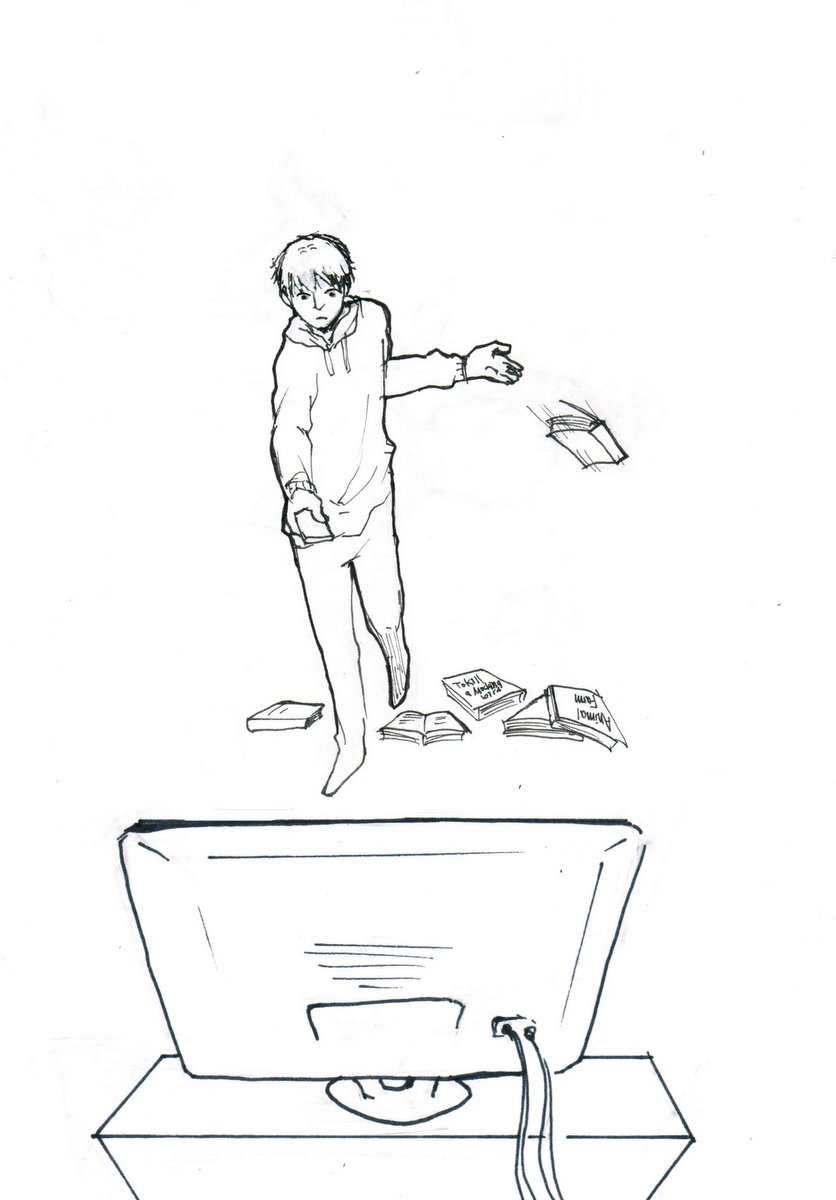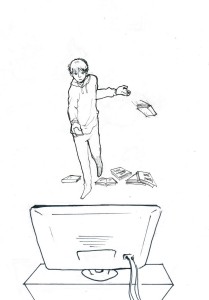Students should read for pleasure

 This scene is becoming all too common: students refusing to open a core novel and instead rushing to read the Sparknotes summary before their English test next period. This reluctance to read is seen outside the classroom as well, as fewer students spend time reading for pleasure.“I believe students do not read because they have a lot of homework to complete, tests to study for and stress. They do not think reading should be a priority,” junior and National English Honors Society member Henry Han said. “Also, with other entertainment options such as television and social media, reading does not seem as interesting.”
This scene is becoming all too common: students refusing to open a core novel and instead rushing to read the Sparknotes summary before their English test next period. This reluctance to read is seen outside the classroom as well, as fewer students spend time reading for pleasure.“I believe students do not read because they have a lot of homework to complete, tests to study for and stress. They do not think reading should be a priority,” junior and National English Honors Society member Henry Han said. “Also, with other entertainment options such as television and social media, reading does not seem as interesting.”
It is saddening that students are too preoccupied with other tasks that they disregard the importance of reading for enjoyment. In a knowledge-based economy, it is essential that students read more because reading
develops critical skills such as writing, complex comprehension and mastery of language—skills that are required for success in schools and careers.
“Reading is important because it improves one’s writing skills and reading comprehension,” Han said. “Being a good writer is essential [when] writing college applications and being able to comprehend
texts is important on the SAT.”
Additionally, reading expands vocabulary. Even when students do not comprehend a word they read, they still absorb meaning from context clues which deepens their understanding of a particular word for the next time they encounter it. “Reading not only develops your writing skills, it also opens new doors to different perspectives and ideas that students should be aware of,” junior and NEHS member Connie Gean said. Students become better writers with exposure to diverse professional authors. Reading also enhances analytical thinking; this proves beneficial when students take the SAT, which dedicates one
third of the test to reading comprehension and another one third to writing. However, minimal time being spent reading for pleasure partly influences the low critical reading and writing SAT results. The average critical reading score for the class of 2013 is 496 and the average writing score is 488.
“For a lot of students, relaxation time is spent playing video games or watching TV because reading is often seen as extra work when [reading] can be a relaxing activity as well,” Gean said.While relieving stress, reading also enhances memory and develops analytical thinking. Students should take the time to read for pleasure—the numerous benefits prove worthwhile.
“I think that a love of learning gets fostered early. I have students in my AP Literature class who are also taking many other AP classes yet they still make time to read because they love it,” English teacher Rebecca Dibble said.

